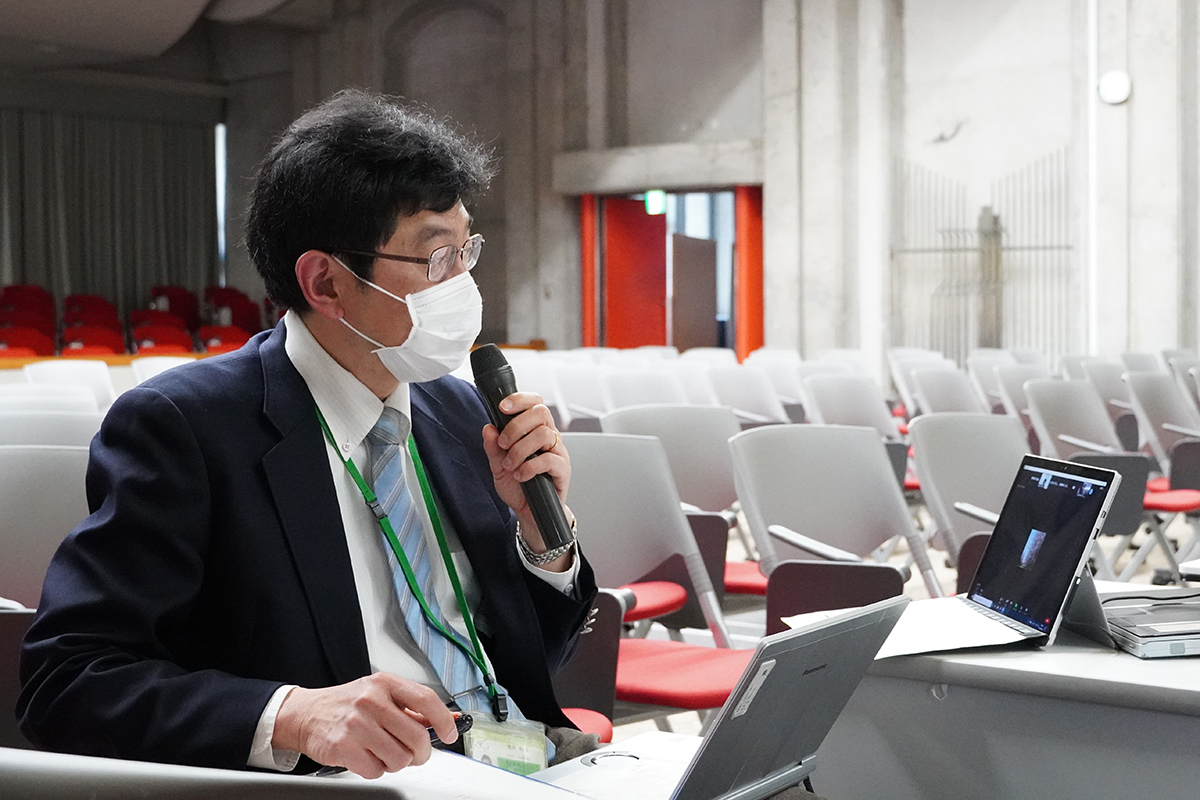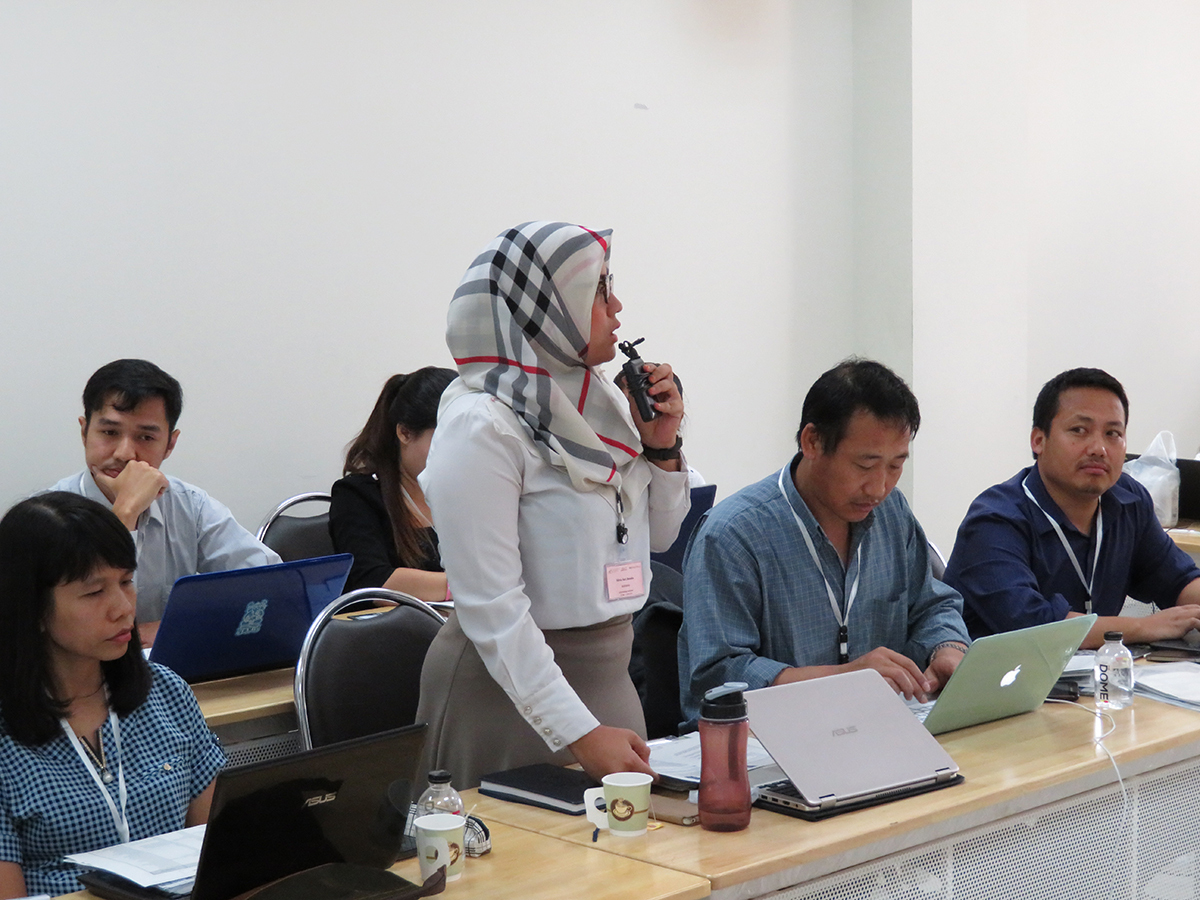At the Social Systems Division, we consider that “research is meaningful only if it changes society,” and we are actively engaged in various activities to encourage society to make use of our research results.
In Order to Resolve Social Issues
We are engaged in research aimed at resolving the issues faced by modern society and contributing to the social implementation of sustainable social systems, such as the creation of sustainable scenarios for realizing a decarbonized society and the examination of technological systems for waste management and transportation in regional cities, which are currently experiencing striking levels of population decline and aging in Japan.
For further information on the strategic research programs being undertaken by the Social Systems Division, please visit the following links.
Communicating with Society
We strongly emphasize holding events and delivering lectures for citizens, based on the idea that a carbon-neutral “society” can only be realized if all the individuals and organizations that comprise society think about their respective roles and take appropriate action. Due to the COVID-19 pandemic, we are also holding online events and distributing videos.

In addition, together with the Institute for Global Environmental Strategies (IGES), we have developed the Japan Low Carbon Navigator, which allows anyone to consider low carbon society scenarios. When the user inputs the extent to which given measures will be implemented, the Navigator automatically calculates the resulting changes in Japan's energy supply and demand structure and its greenhouse gas (GHG) emissions until 2050 and displays them on a screen.
Some of our researchers are analyzing how society and citizens interact with environmental issues such as by clarifying the relationships between values related to sustainable development and lifestyles. Public opinion surveys regarding interest in and awareness of environmental issues have been conducted on an ongoing basis since the 1990s.
Nurturing Young Researchers
In addition to conducting training workshops every year as a means of nurturing young researchers in Asia, we are focusing on cultivating researchers in Japan by leading seminars and other activities at the graduate schools of the University of Tokyo, Institute of Science Tokyo, and Nagoya University.

Cooperation with Ministries and Local Governments
Using models and other methods, we present quantitative results and make concrete policy recommendations to the Ministry of the Environment and the Ministry of Economy, Trade and Industry for achieving a decarbonized society by 2050 in Japan.
We are also concentrating on research implementing decarbonization measures in collaboration with local governments. In Kitakyushu City and Kawasaki City, we are cooperating with the local governments to conduct research and analysis on the use of waste heat from waste incineration for reducing the carbon footprint of industrial parks. We are also working with local governments outside Japan, such as Bogor in Indonesia, where we are monitoring electric power consumption and building an easy-to-implement environmental energy monitoring system.





